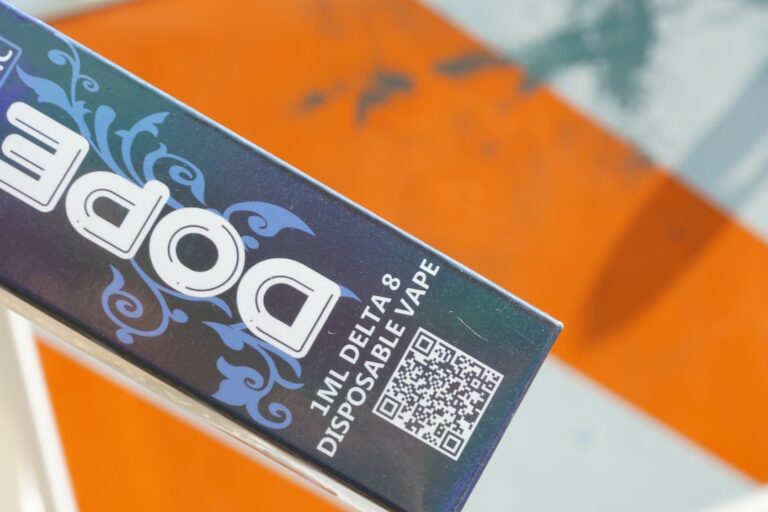Swagger, now widely recognized as OpenAPI, has become an indispensable tool for developers aiming to design, build, and document RESTful APIs. In this guide, we delve deep into the world of Swagger, its evolution, its significance, and the top courses to master it in 2023.
What is Swagger and OpenAPI?
Swagger, or OpenAPI, is a set of rules, tools, and specifications designed for describing and developing RESTful APIs. It's an open-source initiative that empowers developers to craft interactive and human-readable API documentation.
At its core, Swagger's primary function is to generate API specifications by requesting the API to return a documentation file based on its annotations. This capability proves invaluable for developers aiming to design, document, test, and consume RESTful web services.
One of the standout features of Swagger is its ability to design an API even before a single line of code is written. This approach, termed the bottom-up method, allows Swagger to take the pre-written code for an API and subsequently generate the documentation.
Swagger offers a plethora of open-source tools to developers, including the Swagger Editor, Swagger Codegen, Swagger User Interface, and Swagger Inspector. The overarching goal of Swagger is to standardize and simplify API practices, making it a favorite among developers globally.
Evolution of Swagger
Swagger was the brainchild of Tony Tam in 2011. Initially conceptualized as a framework to streamline API automation, its widespread acceptance among developers and organizations led to its open-source transition. Today, it's renowned as OpenAPI and stands as one of the most sought-after tools for API documentation.
Top Courses to Master Swagger and OpenAPI in 2023
1. Mastering Swagger and OpenAPI Specification [Udemy]
This comprehensive course offers a deep dive into the world of API Definition Files, Tools, and Documentation. Participants will learn to read and write OpenAPI Specification or Swagger files, use various Swagger tools, and create robust documentation and SDKs.
- Duration: 3 hours
- Rating: 4.7 stars
- Instructor: Alex Johnson
- Price: $19
2. API Testing with Swagger [Pluralsight]
Aimed at enhancing API reliability, this course teaches participants to test their APIs effectively. It covers the basics of Swagger, its application in code generation, and introduces .NET Core for client-side code generation.
- Duration: 2.5 hours
- Rating: 4.6 stars
- Instructor: Michael Smith
- Price: $150 annually for the Premium plan
3. Swagger Editor Deep Dive [Coursera]
Focusing on the Swagger Editor, this course provides a comprehensive overview of the OpenAPI Specification. Participants will understand the nuances of REST APIs, JSON, and gain hands-on experience with the Swagger Editor.
- Duration: 2.5 hours
- Rating: 4.6 stars
- Instructor: Laura White
- Price: $25
4. OpenAPI for Software Developers [Udemy]
This all-encompassing course delves into OpenAPI (Swagger) Specification, offering insights into API design, documentation, and development. With over 2 hours of video lectures, articles, and resources, participants will master the structure of OpenAPI Specification.
- Duration: 3.5 hours
- Rating: 4.9 stars
- Instructor: David Brown
- Price: $20
5. API Documentation with OpenAPI [Udemy]
This course is perfect for those looking to document their APIs using Swagger or OpenAPI UI. From creating a UI for API testing to handling authentication, versioning, and UI customization, this course covers it all.
- Duration: 5.5 hours
- Rating: 4.5 stars
- Instructor: Sarah Miller
- Price: $12
Frequently Asked Questions
1. Why use Swagger?
Swagger, or OpenAPI, offers a standardized approach to describe and develop RESTful APIs. Its open-source nature allows for interactive and comprehensive API documentation.
2. Is Swagger a framework or a tool?
Originally, Swagger was designed as a framework for API automation. However, its transition to open-source led to its evolution as a tool, now known as OpenAPI.
3. How does Swagger differ from OpenAPI?
Swagger and OpenAPI are essentially the same. Swagger was the original name, which transitioned to OpenAPI when it became open-source.
Conclusion
Swagger, or OpenAPI, is a game-changer in the world of API documentation. With its array of tools and specifications, it has revolutionized the way developers approach RESTful APIs. Whether you're a beginner or an expert, the courses listed above will equip you with the knowledge and skills to master Swagger in 2023.


